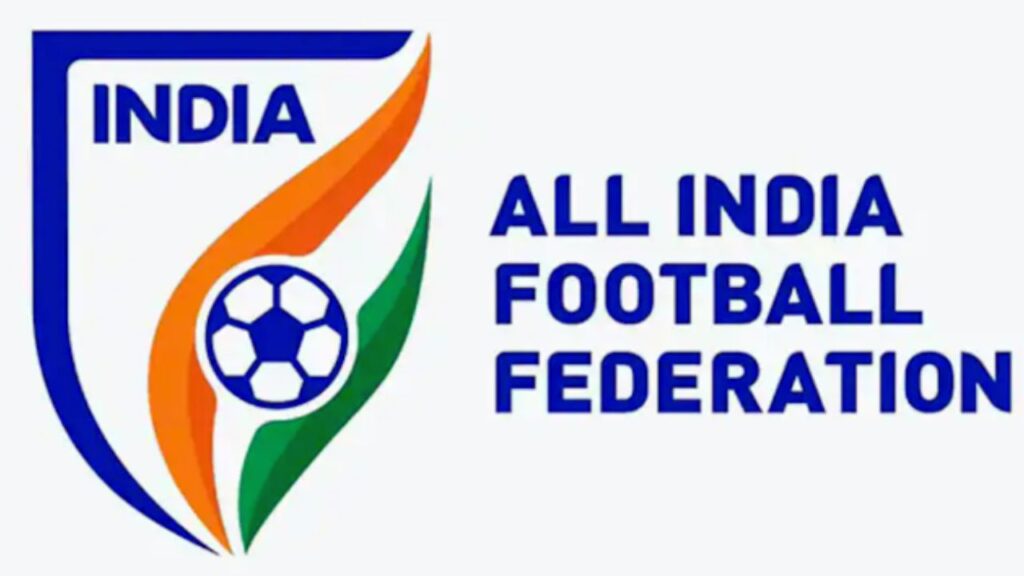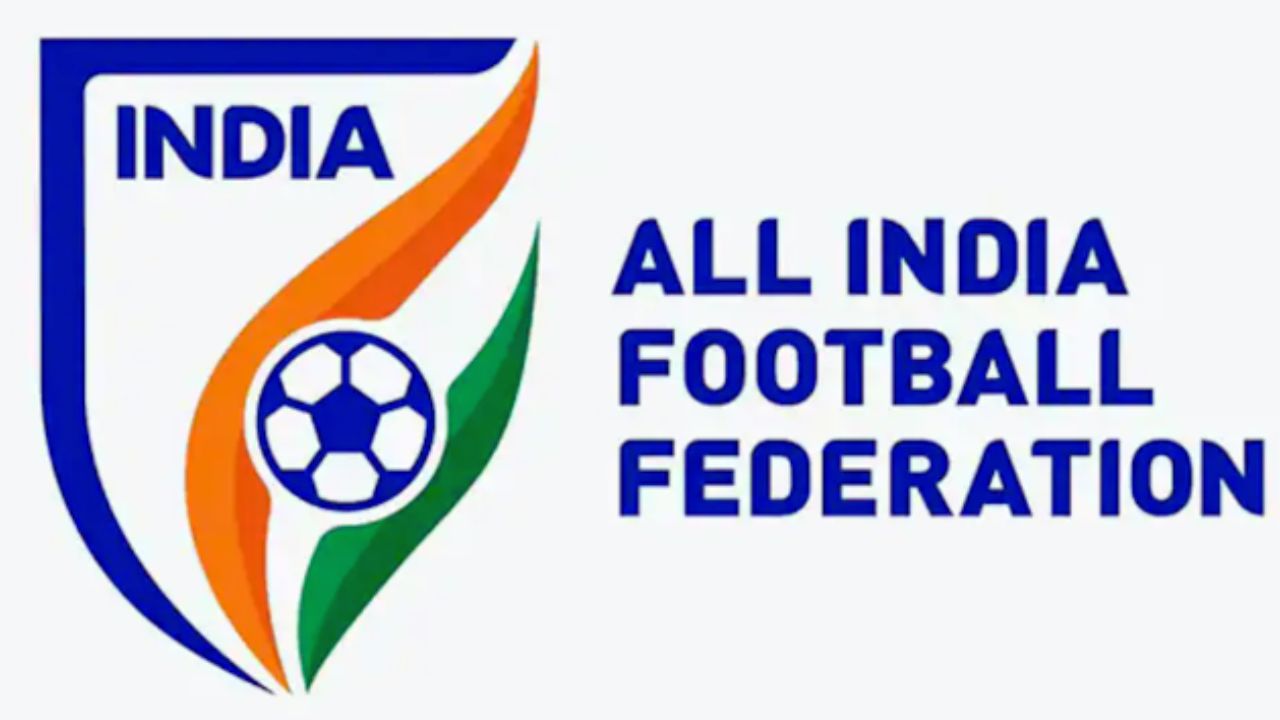In what could be a decisive moment for Indian football’s immediate future, the All India Football Federation (AIFF) is set to hold a high-stakes meeting with the CEOs of eight Indian Super League (ISL) clubs on August 7. The agenda: to address simmering concerns around league operations, calendar congestion, player welfare, and commercial autonomy.
The closed-door meeting, scheduled to take place at AIFF headquarters in New Delhi, could shape policy decisions that influence not only the upcoming 2025-26 season but also the direction of Indian club football in the coming years.
Why This Meeting Matters
Tensions between ISL clubs and the AIFF have been brewing for months, driven by multiple unresolved issues:
- Overloaded match schedules leading to player injuries and burnout
- Lack of representation of clubs in key decision-making forums
- Unclear guidelines on broadcasting rights and revenue sharing
- Concerns over fixture planning overlapping with AFC competitions
- Friction over youth development mandates and foreign player quotas
With the ISL now acting as India’s premier football league and a feeder to the national team, stakeholders believe the time has come to restructure relationships and align goals.
Who’s Attending?
The meeting will feature the AIFF’s top leadership, including President Kalyan Chaubey and Secretary General Shaji Prabhakaran, along with the CEOs and key representatives from the following eight ISL clubs:
- Mumbai City FC
- Bengaluru FC
- Kerala Blasters FC
- Mohun Bagan Super Giant
- FC Goa
- Chennaiyin FC
- Jamshedpur FC
- Hyderabad FC
It’s worth noting that these clubs represent the core competitive and commercial base of the ISL, making their feedback crucial for any substantial league-wide reforms.
Top Issues on the Table
1. Match Calendar & Congestion
Clubs have voiced serious concern over the tight scheduling of ISL, Super Cup, Durand Cup, and international call-ups, which is affecting player fitness and match quality. They are expected to demand a streamlined, long-term calendar that includes rest periods and better coordination with AFC events.
2. Revenue Distribution
Another bone of contention is the opaque revenue-sharing structure between the league organizer (FSDL), AIFF, and clubs. Clubs are likely to push for a more transparent and equitable model, especially in light of rising operational costs.

3. Youth Development Policies
The AIFF’s push for stricter youth team participation and development league mandates has met with mixed responses. Clubs want flexibility in how they structure their academies and a review of resource-heavy compliance requirements.
4. Autonomy in Commercial Deals
Several clubs have reportedly raised flags about restrictions on jersey sponsors and digital promotions, which limit their ability to monetize brand value. They are expected to call for greater autonomy in commercial operations.
5. Foreign Player Rule Debate
The 3+1 foreigner rule (3 foreigners + 1 from AFC nations) is also on the discussion list. While the AIFF wants to promote Indian talent, some clubs argue that quality foreign players are essential for improving league competitiveness.
A Moment of Reckoning for AIFF
This meeting is being viewed by analysts as the AIFF’s opportunity to rebuild trust and reinforce its role as a collaborative regulator rather than a top-down enforcer. With global interest in Indian football rising and several ISL clubs forming strategic international partnerships, the Federation is under pressure to embrace transparency, professionalism, and innovation.
According to sources, the AIFF is also keen on introducing a structured club licensing system, greater alignment with FIFA-AFC guidelines, and potentially expanding the league to include more teams by 2027.
Voices from the Inside
Though official statements remain scarce, a senior official from one of the attending clubs remarked anonymously:
“We want to work with AIFF, not against it. But clubs need a seat at the table when decisions affect our survival. This meeting must lead to action — not just another promise.”
A Defining Dialogue
As Indian football stands on the cusp of transformation, the August 7 meeting could mark a pivotal turning point in how the game is governed in the country. With the AIFF and ISL clubs finally coming face-to-face, stakeholders are hoping for open dialogue, mutual respect, and actionable reforms.
Whether this meeting brings unity or further divides, one thing is clear: the future of Indian football can no longer afford delay, discord, or disillusionment.
All eyes now turn to August 7.
